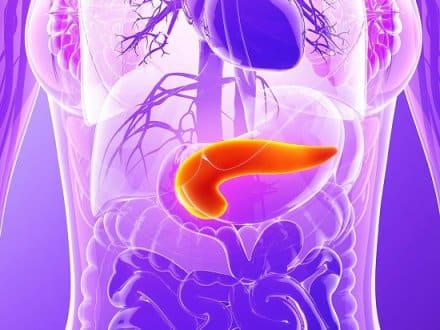What is Hyperinsulinemia?
Hyperinsulinemia occurs when the body has abnormally high levels of insulin. Our pancreas create insulin to manage our body’s blood glucose levels.
Hyperinsulinemia is often associated with Type 2 diabetes because both these conditions may be caused by insulin resistance. However, Hyperinsulinemia alone does not signify the presence of diabetes.
Insulin resistance happens when the body doesn’t respond well to insulin. To compensate, the pancreas produces increasing levels of insulin until it can no longer produce enough amounts to cater to the body’s needs.
Without supervision, hyperinsulinemia may progress to Type 2 diabetes and possess greater risks to the body. Aside from Type 2 diabetes, this may lead to uncontrollable weight gain, hypertension, high uric acid and triglyceride levels.
Symptoms of hyperinsulinemia
Early stages of hyperinsulinemia does not cause any noticeable symptoms.
Some symptoms of aggravated hyperinsulinemia include:
- Frequent, excessive hunger
- Sugar cravings
- Weight gain
- Fatigue or lethargy
- Extreme irritability
Causes
Although insulin resistance is the cause of most cases of Hyperinsulinemia, some conditions such as insulinoma and nesidioblastosis have been known to cause hyperinsulinemia. Insulinoma is a tumor on the pancreatic cells which produce insulin. It is characterized by hypoglycemia, a condition where an individual experiences alarmingly low blood glucose levels.
Nesidioblastosis occurs when the pancreas stimulates excessive growth and production of cells that create insulin, which also results in low blood sugar levels.
Hyperinsulinemia may also result as a complication from gastric bypass surgery. Other identified causes are an individual’s family history of hypertension and other genetic liabilities.
Diagnosis
A person suspected to have hyperinsulinemia is requested to take a blood test after fasting for several hours. Hyperinsulinemia may also be identified when diagnosing for other conditions such as diabetes.
Treatment
Treatment for hyperinsulinemia involve practicing wholesome lifestyle changes that is comprised of a well-balanced diet, regular exercise, and healthy weight loss. Medication only gets involved when these measures are not enough, or when the condition involves serious threats to a person’s health. Medications often involve diabetic medications to curb high blood glucose levels.
Healthy eating habits and frequent exercise improves bodily functions. It also leads to proper weight management and control which leads to a significant, positive impact on the body’s blood glucose levels. Exercise such as jogging, walking, and biking also reinforces the body’s reception to insulin therefore reducing insulin resistance.
In rare cases when hyperinsulinemia is caused by underlying conditions, treatment is targeted to resolve the root cause of hyperinsulinemia. For insulinoma, the treatment might be surgery to remove the tumor in the pancreas.
—
Disclaimer: Please note that the contents of this community article are strictly for informational purposes and should not be considered as medical advice. This article, and other community articles, are not written or reviewed for medical validity by Canadian Insulin or its staff. All views and opinions expressed by the contributing authors are not endorsed by Canadian Insulin. Always consult a medical professional for medical advice, diagnosis, and treatment.


